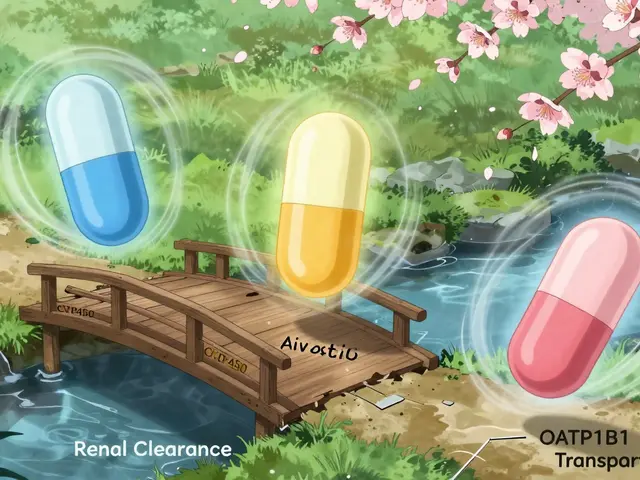Medications and Work Safety: Protecting Your Job and Health
When you take medications, prescribed or over-the-counter drugs used to treat health conditions. Also known as pharmaceuticals, they help you feel better—but they can also make it harder to do your job safely. Many people don’t realize that even common drugs like blood pressure pills, antidepressants, or pain relievers can slow your reaction time, blur your vision, or make you dizzy. If you drive, operate machinery, or work at heights, those effects aren’t just inconvenient—they’re dangerous.
That’s why drug interactions, when two or more medications react in a way that changes their effects. Also known as medication conflicts, they are a silent risk in workplaces across the country. A diabetic on insulin might crash their blood sugar after mixing it with a cold medicine. Someone on a muscle relaxant might nod off behind the wheel of a delivery truck. These aren’t rare accidents—they happen every day, often because no one asked the right questions. And it’s not just about prescription drugs. Over-the-counter sleep aids, allergy pills, and energy drinks can all interfere with your ability to stay sharp on the job.
Then there’s polypharmacy, taking five or more medications at once. Also known as multiple drug regimens, it is common among older workers and people with chronic conditions. But more pills don’t mean better health—they mean more chances for something to go wrong. A brown bag medication review, where you bring all your pills to a pharmacist, can catch hidden dangers before they cost you your job or your life. And if you’re on a new drug, don’t assume it’s safe to drive or operate equipment. Talk to your doctor. Ask: "Will this affect my ability to work?" If you’re a supervisor, ask your team: "Are you taking anything that could put you or others at risk?"
Workplace safety isn’t just about hard hats and handrails. It’s about the pills in your medicine cabinet too. The posts below cover real cases where medications clashed with job duties—from truck drivers on sedatives to factory workers with rebound nasal congestion from decongestant sprays. You’ll find guides on how to spot dangerous drug combos, what to do if side effects start creeping in, and how to talk to your employer without losing your job. This isn’t about avoiding medicine. It’s about using it wisely so you can stay safe, healthy, and on the job.
Medications and Work Safety: Risks for Workers on Prescription Drugs and Those Handling Hazardous Drugs
Prescription medications and hazardous drug exposure pose serious workplace risks. Learn how opioids, benzodiazepines, and chemotherapy agents affect worker safety - and what employers and employees can do to prevent injury and illness.






